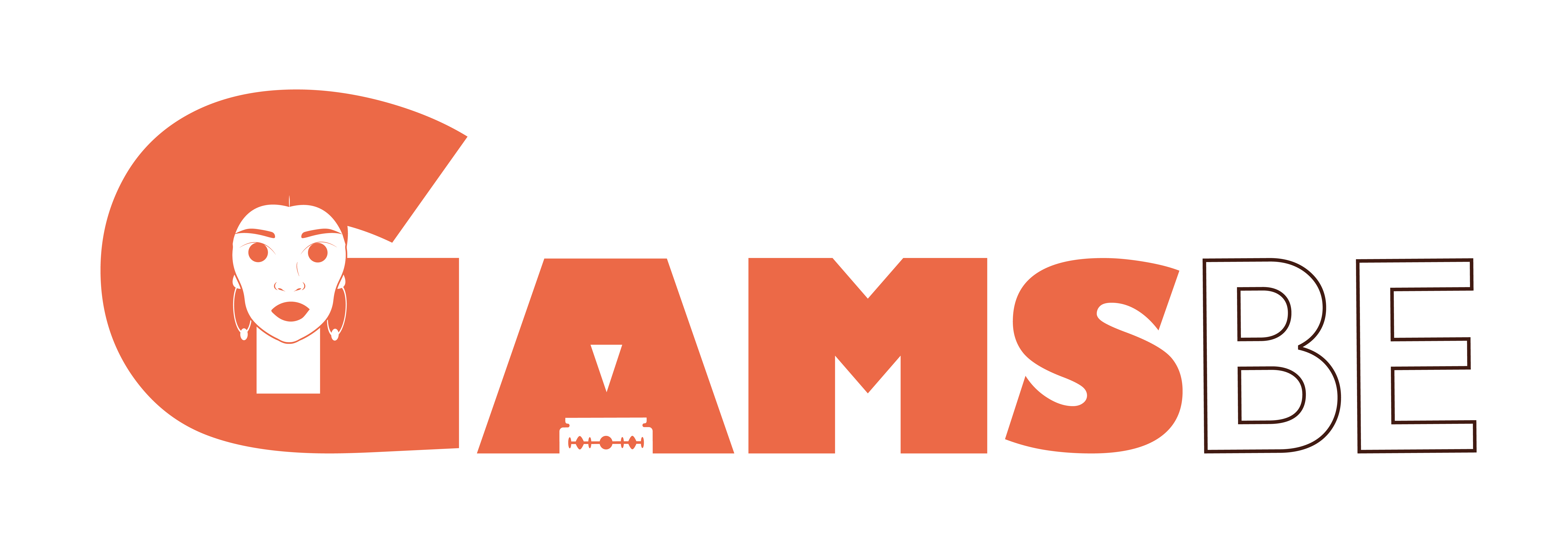Towards the abandonment of female genital mutilation
Memorandum “prevent and protect”
According to UNICEF, at least 200 million girls and women currently living in 30 countries in Africa, the Middle East, and Asia have undergone some form of female genital mutilation: clitoridectomy, excision, or infibulation (UNICEF 2016). Female genital mutilation (FGM) is a violation of human rights and a form of gender-based violence that can lead to numerous physical and psychological complications throughout life. For families settled in Europe, the practice continues, albeit to a lesser extent, during vacations in the country of origin or on the territory of the host country. Belgium passed a specific law punishing excision in 2001 (Article 409 of the penal code).
The problem has several components, as it is not only about protecting girls who are at risk of undergoing this practice but also about addressing the gynecological, obstetric, and psycho-sexual complications that excised women may present. The latest prevalence estimate shows that as of December 31, 2020, our country is home to more than 23,000 excised women, and more than 12,000 minor girls born to excised mothers are at risk of undergoing FGM if no prevention work is done. More than 16,500 excised or at-risk girls and women live in the Flemish Region, compared to 10,000 in the Brussels-Capital Region and 8,800 in the Walloon Region (see Figures 1 and 2 on the following pages). Every year, 1,700 excised women requiring appropriate care give birth in a Belgian maternity ward. This significant increase may be explained by the reception of women from countries where FGM is practiced in over 90%, such as Guinea or Somalia.

In anticipation of the upcoming federal, regional, and European legislative elections on June 9, 2024, in Belgium, GAMS Belgium would like to draw the attention of the various political groups to ensure that these essential measures are taken into account in the new government agreement.
Recommandations – interfederal
In terms of prevention
-
Implement an FGM trajectory for families who arrive through family reunification aimed at identifying, raising awareness, and supporting the families concerned – similar to what exists for girls and women seeking international protection – through the Office of Foreigners and reception offices for newly arrived immigrants;
-
Develop a standardized policy in all schools to identify and support children who are victims of sexual violence, including FGM and incest, at an early stage;
-
Strengthen the screening for the risk of excision on Belgian soil and abroad for minors living in Belgium to ensure their protection through the systematic use of the ‘detectometer’ (tool to objectively identify the risk of excision).
In terms of protection
- International Protection (Asylum)
- Ensure the uniform application of case law aimed at providing better protection against FGM and forced marriages by the Conseil du Contentieux des Etrangers (CCE), to address the lack of consistency in case law between the Francophone and Dutch-speaking chambers, with the latter tending to grant this protection less frequently;
- Support the training of judges at the CCE on the issue of gender-based violence, including FGM and forced marriages.
- Family reunification visa and other visas
- Take into account the best interests of the child in the examination of the visa application for family reunification or humanitarian visa by the Office of Foreigners in case of risk of excision or forced marriage of children in the country of origin.
Recommandations – federal
In terms of prevention
-
- Organize a roundtable discussion to develop a clear strategy and legal framework on the issue of children from immigration who do not return from their country of origin after school holidays and who are victims of gender-based violence there: particularly FGM and forced marriage. Harmonize best practices developed on this issue in different sectors.
- Detectometer: Tool for professionals – Coordinated Strategies to Combat Female Genital Mutilation (strategiesconcertees-mgf.be)
In terms of support and assistance for women who have undergone FGM
- Adopt and implement protocols for the care of excised women in maternity wards (covering pregnancy, childbirth, and postpartum) in every hospital receiving women from countries affected by FGM.
RECOMMANDATIONS – REGIONAL
In terms of prevention
- Enhance ongoing training for professionals (ONE, Opgroeien, PSE, CLB, SAJ, VK, general practitioners, hospitals, asylum seeker reception network), which should be efficiently and sustainably planned and organized to cover the most affected provinces;
- Provide structural financial resources to ensure the protection and care of excised women and girls in Flanders, which is the region most affected by the issue. Indeed, according to the latest study, more than 16,500 excised or at-risk girls and women live in the Flemish Region (compared to 10,000 in the Brussels-Capital Region and 8,800 in the Walloon Region), representing a 45% increase compared to 2016.
At the community level
- Incorporate the topic of FGM into the core curriculum of professionals (healthcare, social work, legal) given the number of people affected in Belgium, as it is more difficult to reach individuals later through continuing education. The Academy for Research and Higher Education (ARES) in the French-speaking community made recommendations in this regard in November 2020, but to date, they have not been implemented.
